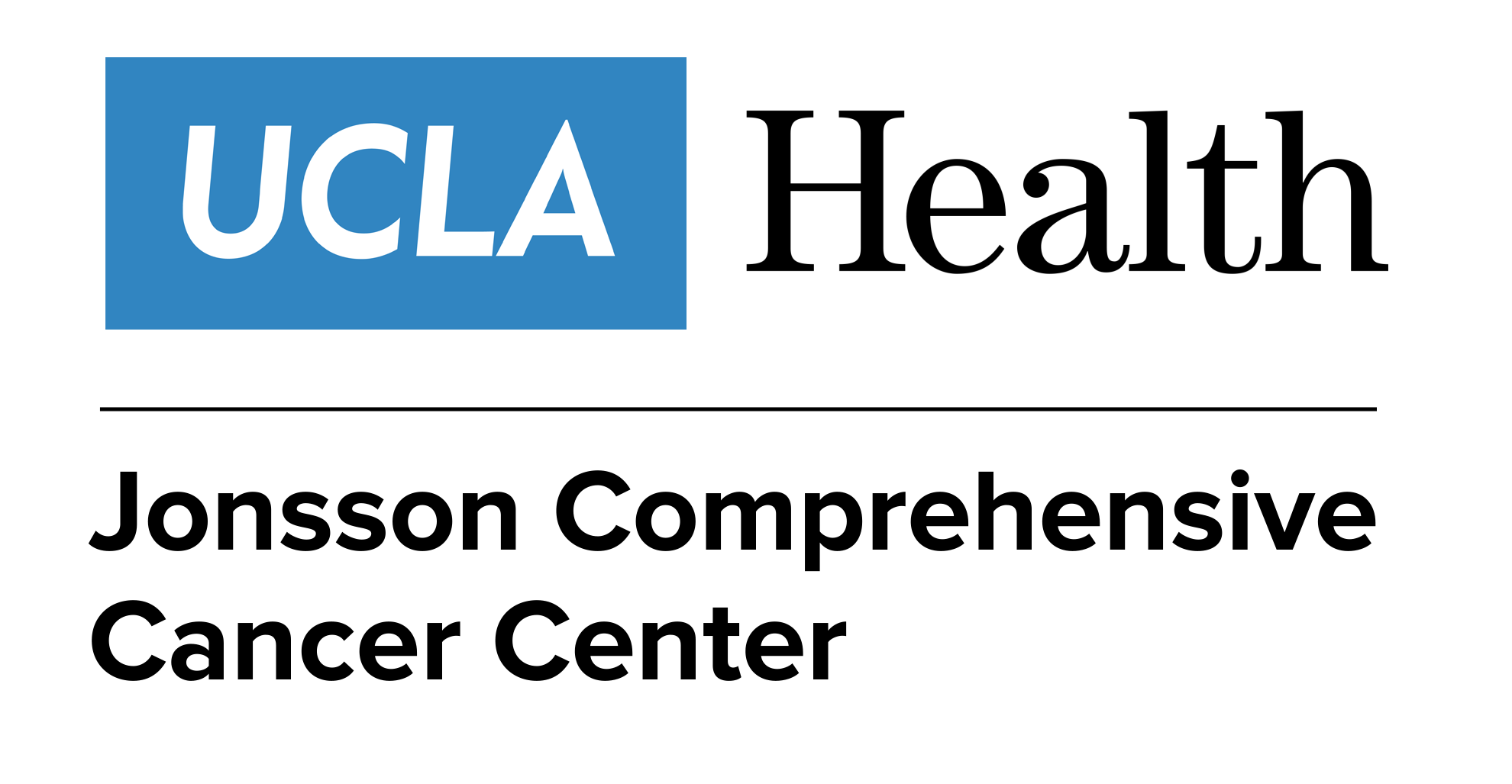- Advertise
- About OncLive
- Editorial Board
- MJH Life Sciences brands
- Contact Us
- Privacy
- Terms & Conditions
- Do Not Sell My Information
2 Clarke Drive
Suite 100
Cranbury, NJ 08512
© 2025 MJH Life Sciences™ and OncLive - Clinical Oncology News, Cancer Expert Insights. All rights reserved.
Dr. Hurvitz on the FDA Approval Process for Biosimilars
Sara Hurvitz, MD, director of the Breast Oncology Program, medical director of the Clinical Research Unit, University of California, Los Angeles Jonsson Comprehensive Cancer Center, discusses when to use a biosimilar over the originator drug.
Sara Hurvitz, MD, director of the Breast Oncology Program, medical director of the Clinical Research Unit, University of California, Los Angeles Jonsson Comprehensive Cancer Center, discusses when to use a biosimilar over the originator drug.
The FDA will determine which indications the biosimilar has been approved for. The regulatory pathway required for biosimilar agents is very different from the regulatory pathway and level of evidence required for an originator to be approved. For biosimilars, a study must show its similarity to the originator drug in its pharmacokinetics, immunogenicity, and efficacy outcomes. For example, the FDA may extrapolate the data for a trastuzumab (Herceptin) or bevacizumab (Avastin) biosimilar in early stage breast cancer, and allow it to be used in metastatic breast cancer, lung cancer, and other indications that the originator is approved for, says Hurvitz.
Biosimilars are a less expensive alternative to biologic agents, states Hurvitz. It's important for physicians to consider cost as long as the drug appears to be similar for patients. There are several trastuzumab biosimilars under development, many of which already have data being presented. Hurvitz expects that more FDA approvals are going to be coming very soon.


